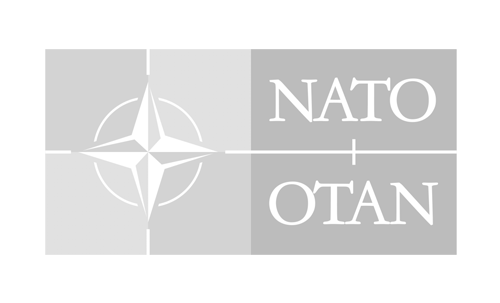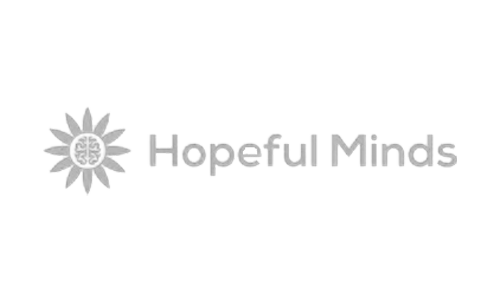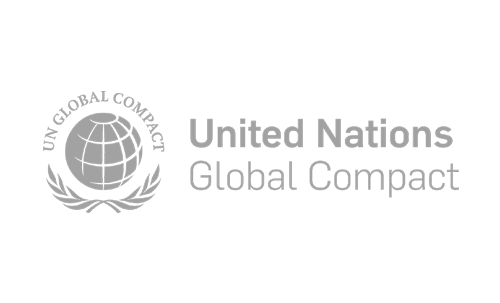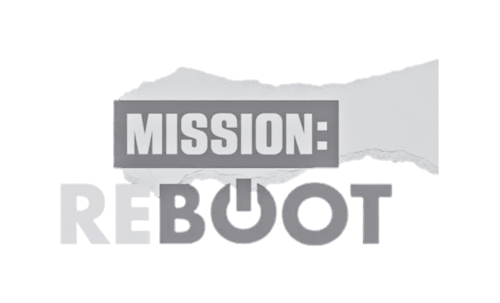APPS
APPS
This unique video project aims to highlight human stories and critical perspectives brought to light through grants and funding opportunities. These episodes share groundbreaking ideas which concern life’s “Big Questions” and showcase core life values: seek a global perspective, think like a start-up, create positive impact for people, promote breakthrough discovery, embrace differences, and make spiritual progress possible.
More with Templeton: Closer To Truth, Stories of Impact: The Podcast Series, Templeton Universe
Learn more: Templeton World Charity Foundation
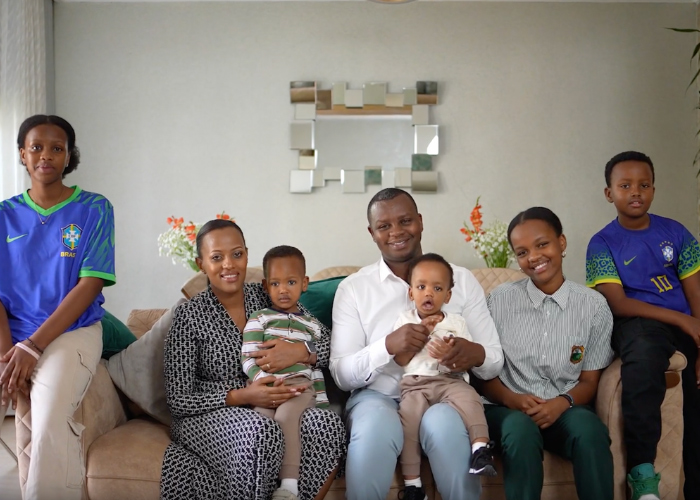
In Rwanda, the impact of the Genocide against the Tutsi is felt at the individual, communal, and national levels. The consequences of violence are not unique to Rwanda; but the extent to which forgiveness and reconciliation have occurred over the past 3 decades is remarkable. How is it possible to live side by side with the perpetrators of such heinous crimes as those committed during the genocide, and even learn to forgive them?
Watch Now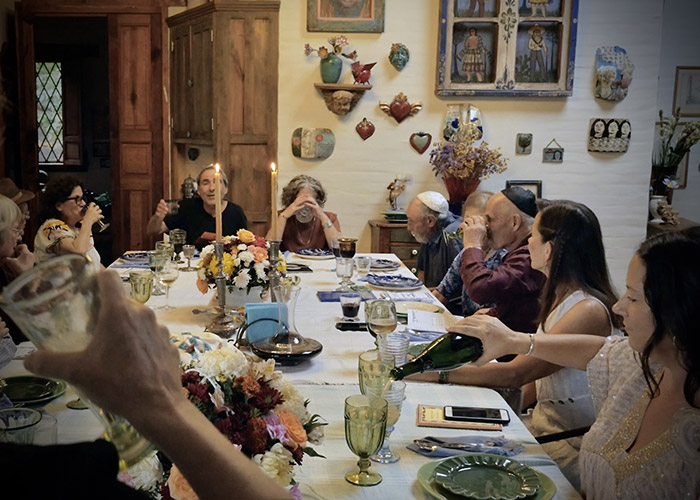
Researcher Dr. Arielle Levites and Aliza Kline, founder of OneTable, share what they've learned about the role of Shabbat dinner in strengthening interpersonal bonds and creating opportunities for deeper social engagement.
Watch Now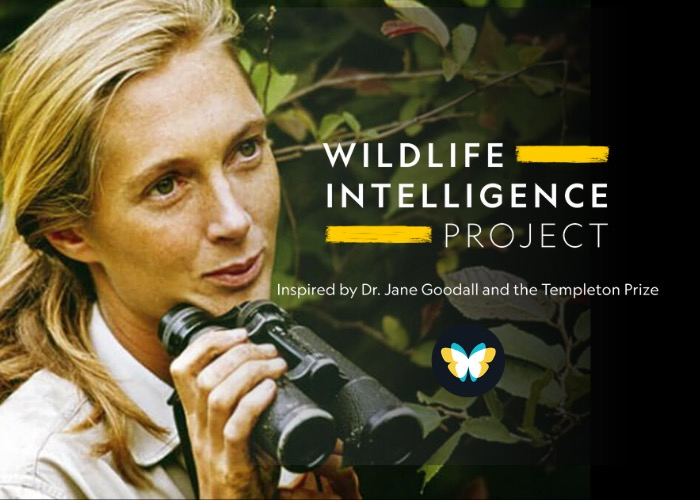
Inspired by the groundbreaking work of Dr. Jane Goodall and the Templeton Prize, Templeton World Charity Foundation awarded the National Geographic Society with a grant to support three National Geographic Explorers as they seek to answer questions about animal intelligence and to help drive a better understanding of primate cognition, cultural behavior and human evolution.
Watch Now
With support from the Templeton World Charity Foundation, a team of North Carolina State University researchers is designing an innovative tracking system to promote the ethical production of apparel and educate consumers.
Watch Now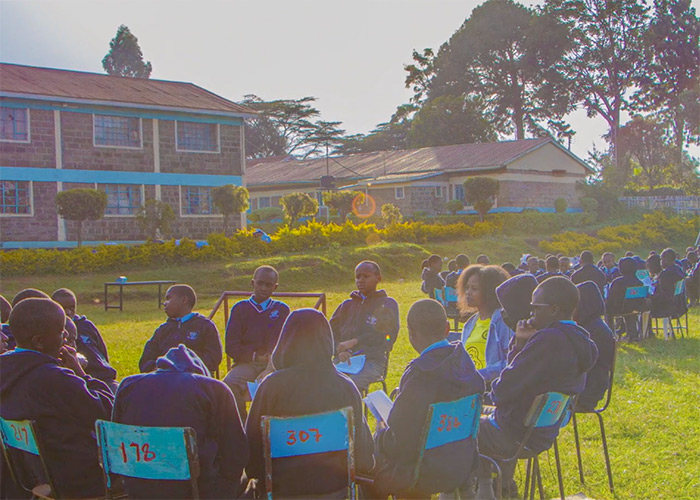
The Shamiri Institute hopes to shape the future of mental health in Kenya and beyond by making care affordable for all; personalizing care to an individual’s needs and circumstances; and integrating its programs with existing systems of caregiving and community life with the help of a grant from the Templeton World Charity Foundation.
Watch Now
Researchers from the Games of Emotional and Mental health Lab (GEMH) change perspectives on the role of video games in the lives of children and teens with depression and anxiety disorders as a way to become healthier, happier, and more resilient.
Watch Now
Koolulam, an organization which has now brought mass singing events to over 350,000 people all over the world is facilitating a research project supported by The Templeton World Charity Foundation which hypothesizes how singing in collectives will foster a sense of collective effervescence for increased spirituality, wellbeing, and acceptance of others.
Watch Now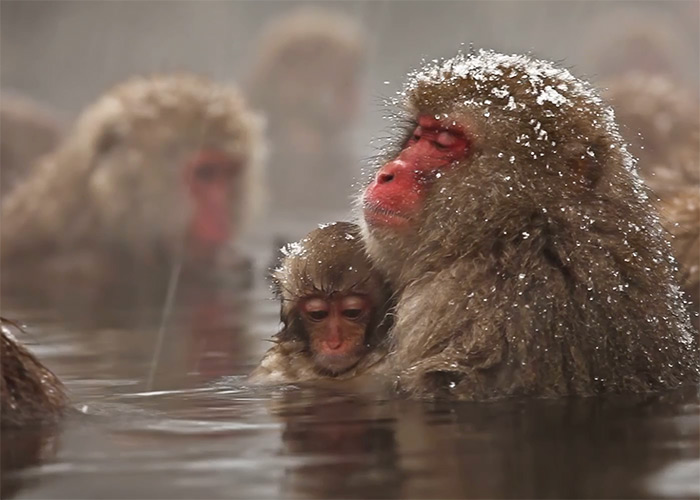
Intelligence can be argued as one of the most powerful forces in existence and is a fundamental and diverse ability congruent in the human brain, plants, machines, technology, animals and other non-human species. Scientists and scholars discuss the moral intent of artificial intelligence, behavioral communication among animals, and the human brain.
Watch Now
While AI has immense potential to enhance human flourishing by reducing repetitive work, improving access to knowledge, and revolutionizing fields such as medicine, like all technologies, it also has the potential for dangerous misuse. Leaders from religious traditions across the globe describe how their faiths view technology and what AI could mean for them.
Watch Now
What characteristics of livelihood embody true human flourishing? Some believe having sufficient resources and equanimity without no regrets, anxiety, or anticipation is true human flourishing. Other experts believe flourishing is defined by the alignment of your hopes and dreams with what you are doing in your day-to-day life. Researchers share their different perspectives on the factors that allow us to flourish and become the best versions of ourselves.
Watch Now
To flourish is to have empowerment; to flourish is to find meaning; to flourish is to never lose hope in a changing world. The Templeton World Charity Foundation's call to action is to stress the importance of global challenges and starting a revolution which instills human flourishing for generations to come.
Watch Now
Spirituality offers emotional solace, comfort, and control over our lives and since the beginning of time, it’s been the root of our existence. As the years progress however, universal trends show people are less and less likely to seek spiritual community through traditional religious groups and churches. Surprising new discoveries on the science behind spiritual exercises show new technologies like mediation apps, workout classes and health and wellness groups are increasingly proving that the boundaries between what’s been known to be secular and sacred is somewhat meaningless.
Watch Now
Listening unlocks the key to understanding of ourselves and those around us, but in today’s increasingly polarized world, listening lacks. But through taking a moment to check-in, stepping back, listen with attention, and remining open-minded to others we can become better listeners and foster stronger relationships. Everyone wants to be heard. The Templeton World Charity Foundation is facilitating the largest ever research project into understanding what makes a good listener and how we can become better listens for ourselves as individuals, and society.
Watch Now
Life is not without adversity, disappointment, failure, and tragedy. These temporary moments of pain seem like detrimental challenges, but without life's obstacles we have little to no understanding of our true purpose. The resilience we have toward these experiences is necessary to lead a flourishing life. Embrace the notion that there is no obstacle that you cannot overcome, and you become unstoppable.
Watch Now
This show features Andrew Barron, Professor of Cognitive Neuroethology, has dedicated his career to understanding the brains of humans, other living beings and even machinery in an effort to create a boundary for what real intelligence is and isn’t. This specific project, funded in part by the Templeton World Charity Foundation, focuses on the brain of a honey bee because of its complex system. The discoveries found in this project answer complicated questions about intelligent beings and their evolutions. How do we account for complex learning, complex navigation, complex memory and complex assessment?
Watch Now
This episode focuses on Autism and social cognition, featuring a dynamic group of individuals who explain how they cope with their autistic attributes in varying ways. Researchers at the University of Edinburgh use funds provided by the Templeton World Charity Foundation to perform elaborate studies that are swiftly redefining the meaning and stigmas surrounding “social cognition diseases.” These studies additionally place a large emphasis on creating communities that are healthy and practical for people who struggle with accepting their unique social attributes.
Watch Now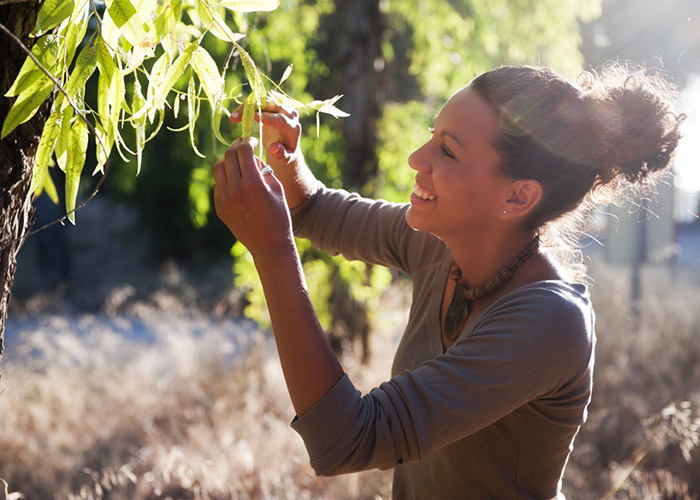
For many years, the American Chestnut Tree was one of the indisputable historical symbols of America and the Appalachians until it was wiped out by a blight brought over by the Asian Chestnut Tree in the beginning of the 20th century- an epidemic thought to be one of the largest environmental disasters in the United States. Today, scientists at SUNY are using funding provided by the Templeton World Charity Foundation to continue The Chestnut Project, which uses modern technology to solve one our nation’s largest environmental issues and restore this functionally extinct species.
Watch Now
The power to forgive is one that is uniquely human. Overcoming adversity and negative feelings as a society as well as individually is one of the most potent actions on Earth- changing lives in an instant. Professor Everett Worthington Jr. at Virginia Commonwealth University explains the science behind forgiveness, the types of forgiveness and implications where wide spread forgiveness has occurred in history. Researchers including Professor Everett Worthington Jr. use funds provided by the Templeton World Charity Foundation to further explore and share knowledge about the psychological and physiological effects of forgiveness and “un-forgiveness.”
Watch Now
Positivity Resonance is defined by positive emotions in which we co-experience. These emotions are collaborative, and impacted by micro-moments spent with others in our day-to-day lives. From sharing a laugh with a stranger in line at the grocery store, to discussing your day with an acquaintance, to seeing your friend in the street, these small moments of joy can affect our degrees of virtue. Researchers at the University of North Carolina Chapel Hill use funding sourced by the Templeton World Charity Foundation to study this idea that frequently experienced mild positive emotions are major drivers in our health and well-being.
Watch Now
Artificial Intelligence is having a much larger impact on our global society than most assume. The Bishop of Oxford offers his insight, opinion and wisdom pertaining to AI, artificial intelligence and data ethics. Thought provoking questions are addressed about future predictions, unique perspectives, and how humans will flourish with AI technologies when integrated into everyday life. The Bishop of Oxford has been using his platform to unlock a unique role of the Anglican Church, to help the world understand how artificial intelligence technologies may be deployed across a wide range of industries.
Watch Now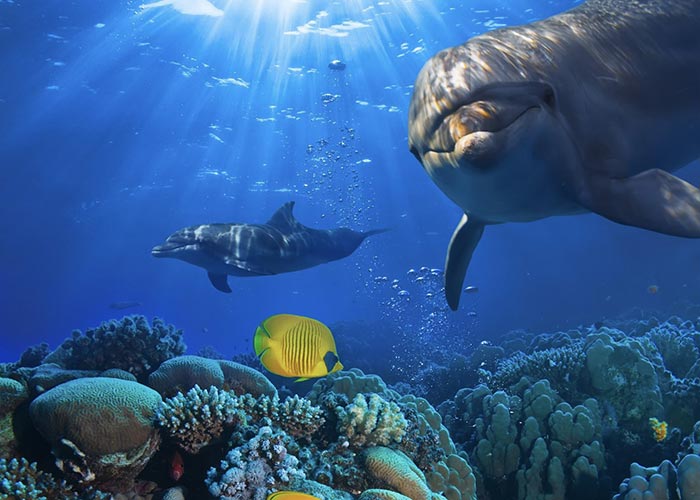
Understanding language is a major obstacle in recognizing the diversity of intelligence across Earth's many species. Denise Herzing's project seeks to find linguistic richness in the vocalizations of dolphins and apply artificial intelligence to assess sounds on a structural level. We have not had the ability to distinguish nonhuman communication like this until now. New discoveries in dolphin language code will represent a paradigm shift in the way we understand diverse intelligence. Do other species besides humans have language? How would we recognize a nonhuman language if it existed? And how might we begin to assess the structure and patterns of signals to interpret the meaning of nonhuman communication?
Watch Now
Consciousness is a foundational concept for understanding human nature, but there is little agreement on what anatomical structures and physiological functions produce consciousness. There is no doubt that questions about consciousness are some of the most complex researchers have tackled today and throughout history; What is Consciousness? Where does it reside? How can scientists discern a “correct” theory of consciousness to rule out inaccurate theories? The Templeton World Charity Foundation’s Accelerating Research on Consciousness initiative (ARC) proposes avenues for addressing these questions. Drawing on best practices in open science and adversarial collaboration, ARC promotes open and rigorous engagement among leaders of opposing theories.
Watch Now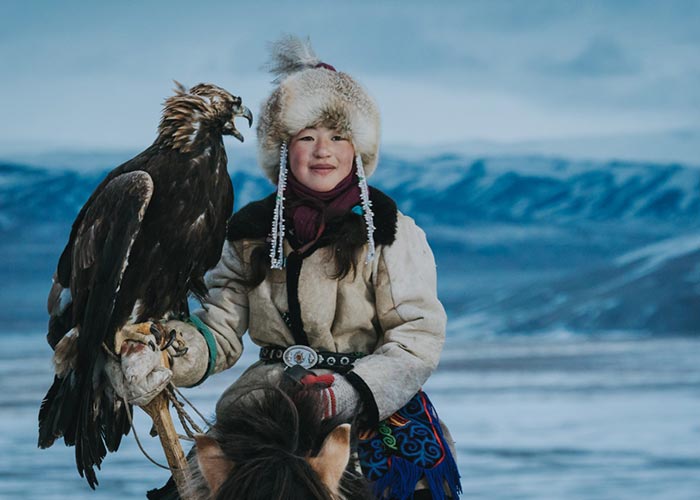
Cumulative culture can be defined by the knowledge systems, technologies, and innovations which are passed on from generation to generation. So, why is it that our closest primate relative, the chimpanzee hasn’t notably evolved physically or cognitively, whereas humans have evolved tremendously?
Watch Now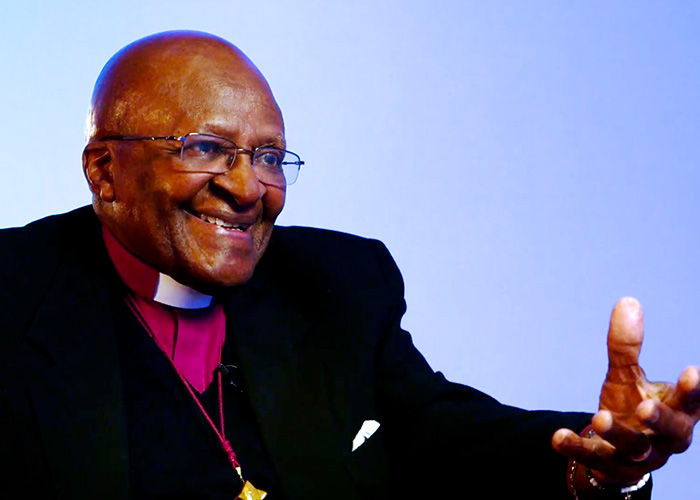
For two years the Children’s Radio Foundation in Cape Town has created an initiative to educate the future generations of radio reporters on the universal concept of “Ubuntu.” The African spiritual and philosophical concept generally means, “I exist because of you.” It conveys the county’s ideals, spirit of togetherness, and a collective sense of humanity. Explore the meaning and impact the concept has had on young radio reporters and their mentor in South Africa.
Watch Now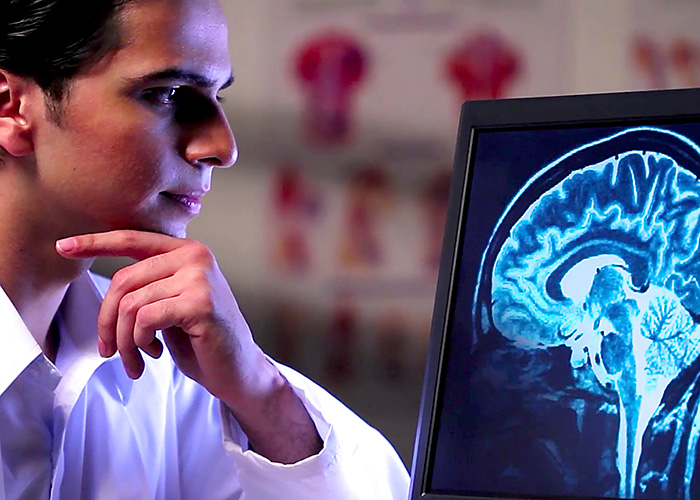
The attitudes and limits between science and religion among scientists in eight national contexts are being investigated by a Rice University initiative. A global poll examines crucial questions about the link between science and faith, such as whether it is a conflicting or compatible relationship. What impact does this relationship have on various civilizations around the world? Is there a place for beauty in scientific thought and work? Take a deep dive into the minds of three scientists and the project leader as they debate their perspectives on science and religion.
Watch Now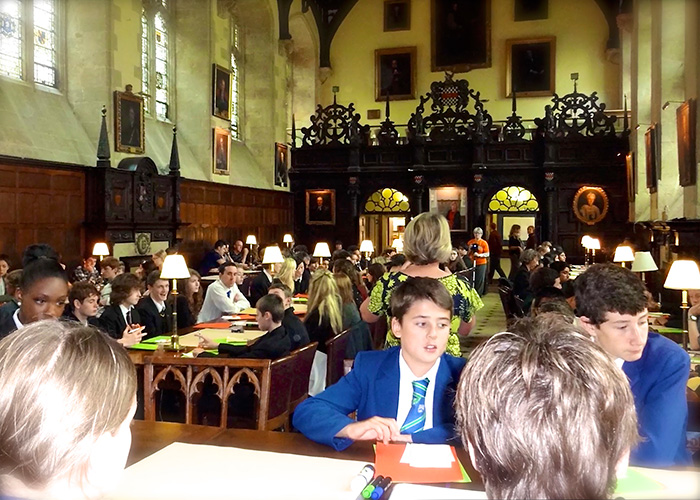
The research investigates the relationship between science and religion, as well as how students think about both. What are the Big Questions that each subject is most suited to solve, and why? What variables do students believe impact their opinions on various topics? What are the benefits of a multidisciplinary approach to pedagogy for both teaching and learning? Students participating in a discussion on these crucial issues can be seen during a daylong session.
Watch Now
The University of Cambridge's Centre for Existential Risk was established to investigate significant risks that could bring life on Earth as we know it to an end. Lord Martin Rees, one of the Centre’s founders says, “Of the 45 million centuries of the Earth’s history, this one is very special. It is the first century that one species – us – holds the future of the planet in our hands.” Take a fast-paced tour of the Centre's work and thinking on biological risks, environmental risks, and artificial intelligence's obstacles and capabilities.
Watch Now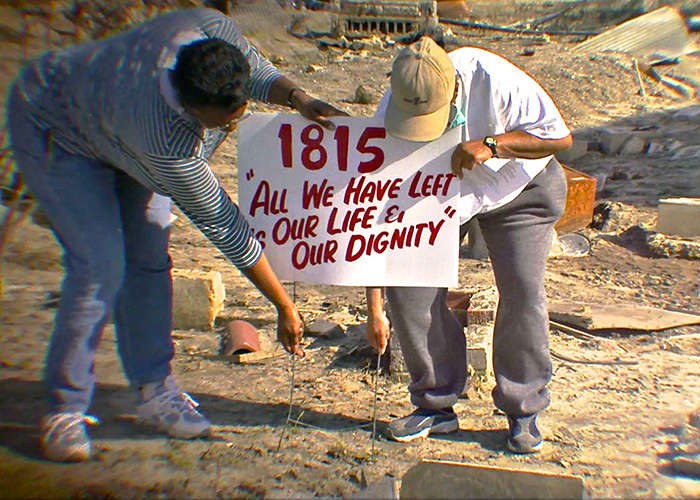
This episode uncovers the complex relationship between a community and its faith more than a decade after one of the most devastating natural disasters to hit the United States. Witness a riveting analysis of how faith might enable individuals to survive such misery and loss while also being resilient enough to reconstruct a community that has been shattered.
Watch Now
What is the origin of altruism? Is it a biological factor? Is it something that you learn? This episode presents an intriguing examination into the origins of generosity. Templeton is funding groundbreaking DNA research on the biological underpinnings of generosity in toddlers by a top developmental psychologist at the University of Seattle. It's a fascinating story and truly one of a kind.
Watch Now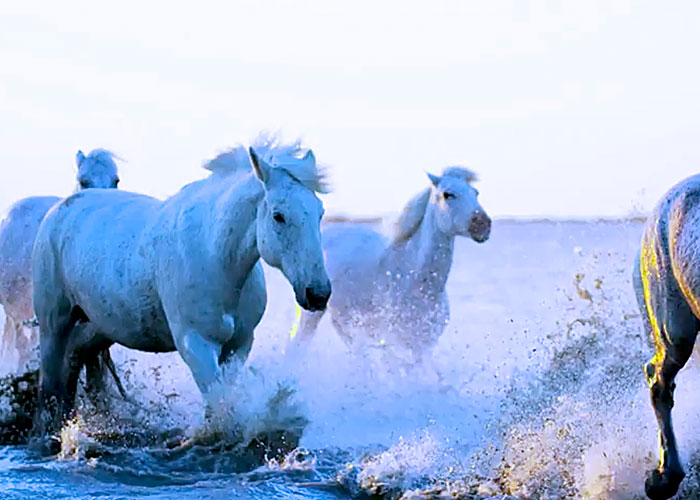
Brian Hare, a Duke University evolutionary anthropologist, examines the cognitive evolution and intelligence of animals in this never-before-reported topic. Brian is well-known for his Dognition research, but this story is about a far larger study on animal cognition that was carried out by a global community of researchers.
Watch Now
Is artificial intelligence capable of assisting us in being more moral? The focus of this study is about whether artificial intelligence can be used to equip computers with a sense of morality. What will our future be like in a world where these updated systems are integrated, what would the significance be for healthcare decision-making?
Watch Now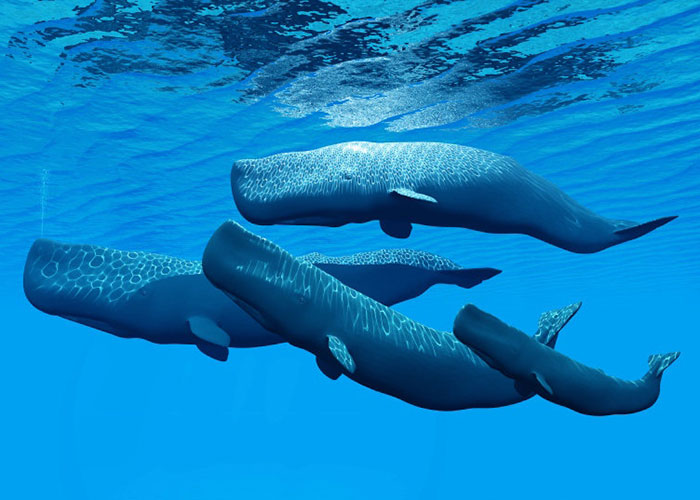
This show features the never before reported SETI project meets Whales. An in-depth look at how researchers are attempting to decipher Humpback Whale communication and whether this will assist academics in their search for extraterrestrial intelligence while deciphering potential messages. The episode is a fascinating read.
Watch Now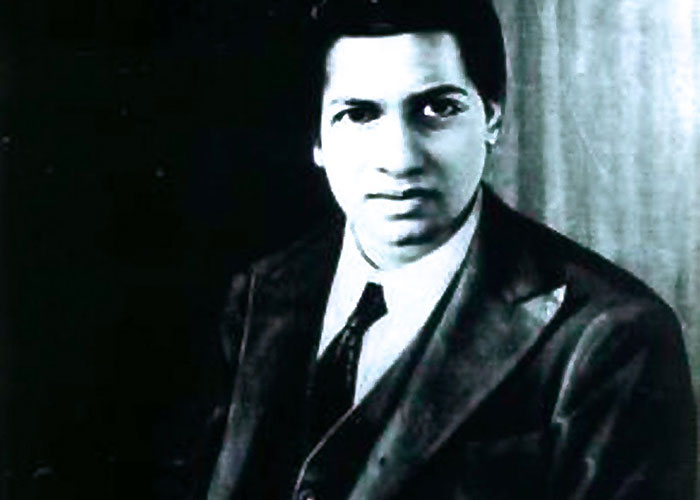
In the 1920s, Srinivasa Ramanujan, an impoverished Indian, obtained a coveted seat at Cambridge University. In his honor the Ramanujan Math Award was created to seek out young talent from all over the world to inspire them to pursue a career in math. This show focuses on the experiences of two young math geniuses and high school math stars from the United States.
Watch Now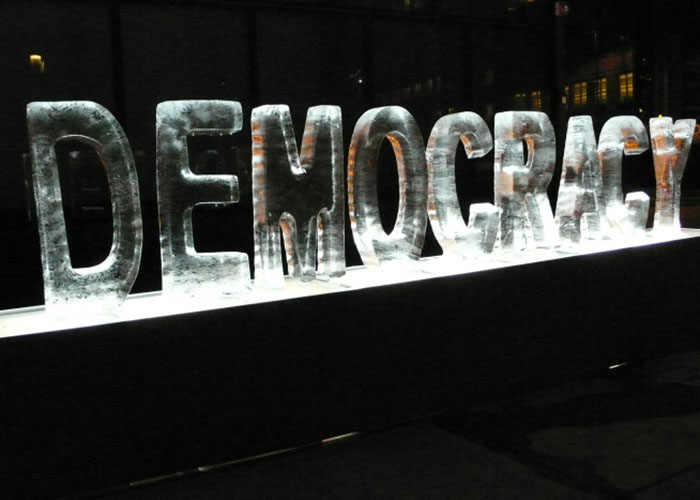
This episode features a fascinating interview with Arthur Brooks, President of the American Enterprise Institute, and the Program on Human Flourishing. He investigates whether capitalism is flawed, if poverty can ever be eradicated, and whether democracy in the United States is irreversibly stressed to the breaking point.
Watch Now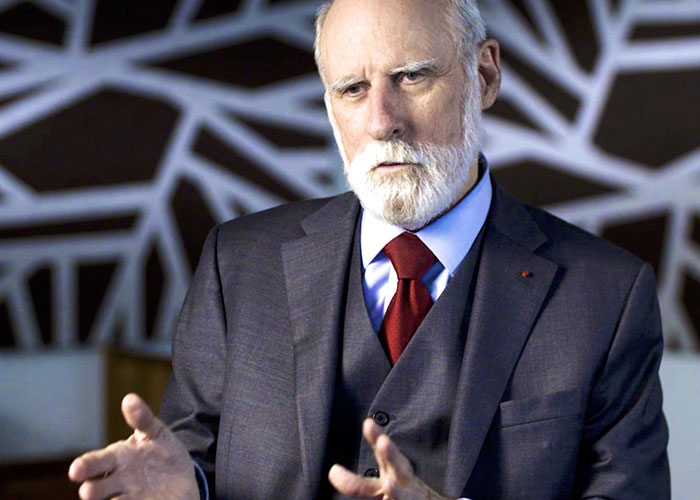
This episode features some of the most influential figures in our government, who discuss their perspectives on the relationship between democracy and technology. In what some refer to as a post-truth society, how can online information influence our decision-making? What is happening to our sense of community, neighborliness, and morality? This interview sparks thought-provoking questions concerning the future of citizenship as it is influenced by machine learning algorithms and their repercussions.
Watch Now
As both a groundbreaking philanthropist and legendary investor, Sir John Marks Templeton spent a lifetime dedicated to open-mindedness. Born on November 29, 1912, in Winchester, Tennessee, he graduated near the top of his class from Yale University (1934) and won a Rhodes Scholarship to Balliol College, Oxford, where he earned a law degree (1936). Templeton embarked on his Wall Street career in 1938, when he began conceiving and launching some of the world’s most successful international investment funds. In 1954, he established the Templeton Growth Fund, which pioneered the use of globally diversified mutual funds. Money magazine would hail him as “arguably the greatest global stock picker of the century.”
Just as remarkable as Templeton’s financial career was his dedication to progress and philanthropy. Known as a contrarian investor, he was also a fierce optimist and relentless questioner in his personal life. Templeton thus promoted the discovery of “new spiritual information”: progress in understanding the deepest realities of human nature and the physical world, subjects that he believed should be investigated with the tools of modern science.
Convinced that our knowledge of the universe was still very limited, he sought to encourage open-mindedness about the character of ultimate reality and the divine. To this end, in 1972, he established the Templeton Prize, the world’s largest annual award given to an individual, to honor a living innovator of life’s spiritual dimension. He also founded three charitable entities (the Templeton World Charity Foundation, the John Templeton Foundation, and the Templeton Religion Trust) to carry out his philanthropic mission.
Templeton was a lifelong member of the Presbyterian Church, serving as an elder of his denomination and as a trustee of Princeton Theological Seminary. His own views, however, did not conform to orthodoxy, and he espoused a “humble approach” to theology.
Eager to learn from both science and the world’s faith traditions, he believed that “scientific revelations may be a gold mine for revitalizing religion in the 21st century.” He expected his foundations to stand apart from consideration of dogma or personal religious belief and to seek out grantees who are “innovative, creative, enthusiastic, and open to competition and new ideas” in their approach to the Big Questions.
In the late 1960s, Templeton moved to Nassau, the Bahamas, where he became a naturalized British citizen. In 1987, Queen Elizabeth II named him a Knight Bachelor for his many philanthropic accomplishments. Throughout his long life, he wrote or edited more than a dozen books.
When Sir John passed away in 2008 at age 95, he was honored around the world with tributes that extolled his vision and the extraordinary breadth of his career. Today, his charitable contributions continue to engender dialogue between science and spirituality.

